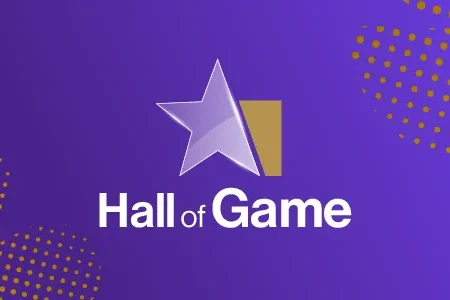BC.GAME, a Curacao-based gambling operator and Leicester City FC sponsor has a recent bankruptcy declaration. This has brought renewed careful inspection to the controversial gaming licensing regime of Curacao.

The case has brought to light what appear to be extensive wrongdoings, raising serious questions about the ability of the island — or willingness — to regulate its gambling industry effectively, as exposed by Josimarfootball, an investigative website.
Small Dance B.V., which operates BC.GAME, faces accusations of running one of Europe’s largest illegal betting networks. The Curacao Gaming Board (GCB) is now preparing to revoke the operator’s license. This follows a bankruptcy order issued last November 12 of this year. This legal action stems from a claimed $2 million debt owed to five gamblers. Small Dance B.V. has failed to honor a financial obligation, which BC.GAME is currently disputing.
The move of GCB to revoke the license of BC.GAME appears logical given the bankruptcy of the operator. It casts doubt on its ability to meet its financial obligations to customers. Some are calling this action an anomaly, given Curacao’s historically light-touch regulatory environment. In the past, four master licensees served as de facto regulators for everyday operators. Authorities rarely revoked gaming licensing or sub-licenses. This is even in the middle of the mounting public complaints and international criticism.
Minimal oversight, along with allegations of money laundering and criminal activity, has defined Curacao’s gaming industry for years. These issues have contaminated the reputation of the jurisdiction, both locally and in the Netherlands, to which Curacao remains connected as an autonomous territory.
The Netherlands pressured authorities to introduce a previous regulatory overhaul, the LOK (National Ordinance for Games of Chance), to address these shortcomings. However, early signs indicate that the new system suffers from many of the same issues.


